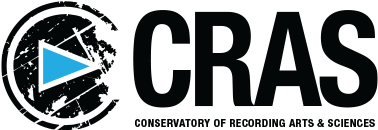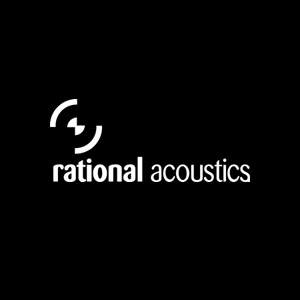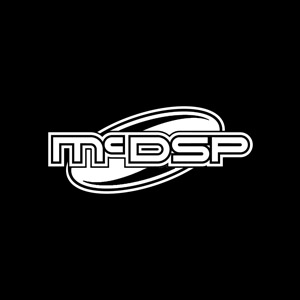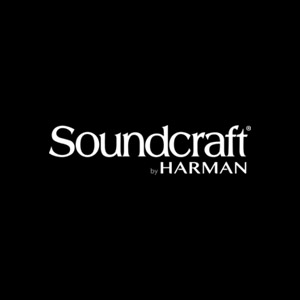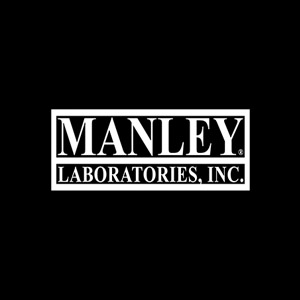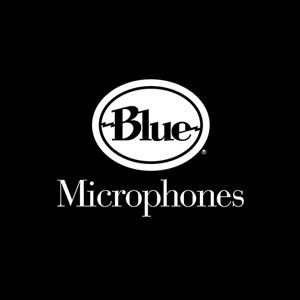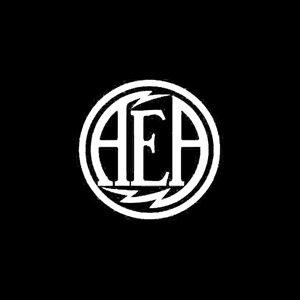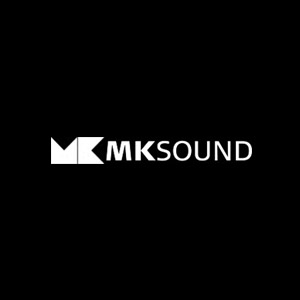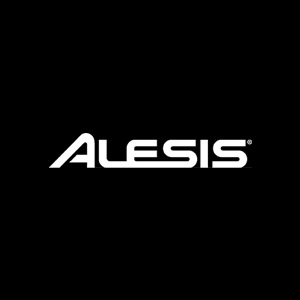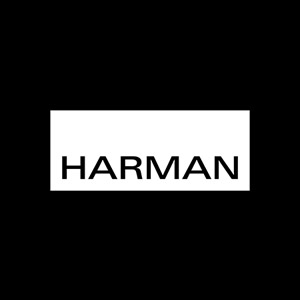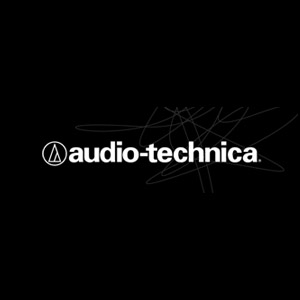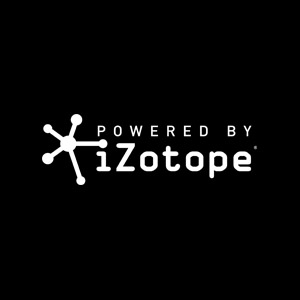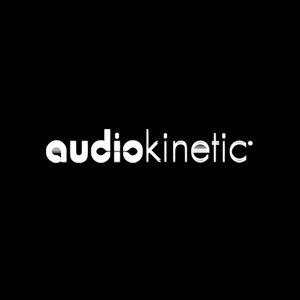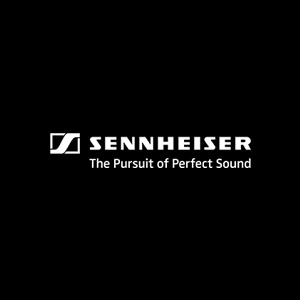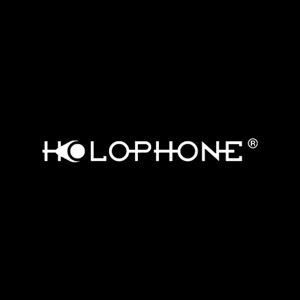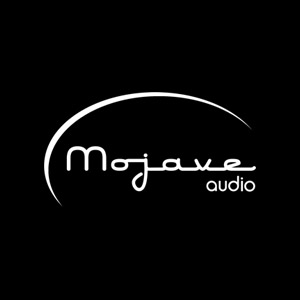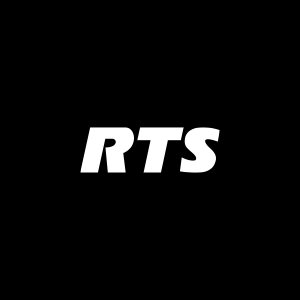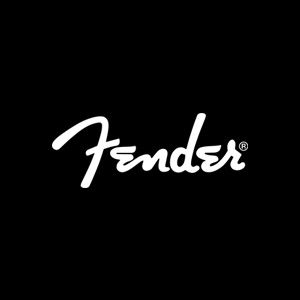The Conservatory of Recording Arts & Sciences, a leading institution for audio-engineering education, was the recipient of a Calrec Sigma digital audio console that was donated by Game Creek Video and will be used to train students at CRAS’s Gilbert, AZ, campus.
This particular 64-fader Calrec Sigma console, which features the Bluefin high-density signal-processing system, had been installed and used in a Game Creek Video Fox Sports HD truck, where it was part of eight Daytona 500 races and three Super Bowl television broadcasts.
Game Creek Video President Pat Sullivan says that fellow Sports Broadcasting Hall of Fame member Fred Aldous, senior mixer/consultant, Fox Sports, advised him on the donation. Aldous explained that training the students on a Calrec mixing desk would give CRAS students the experience of dealing with the same audio consoles that are universally used for the largest-scale events.
“Fred introduced me to CRAS and convinced me that CRAS’s mission to train the next generation of audio professionals was critical to the long-term growth and survival of our industry,” says Sullivan. “Having an institution devoted to this key segment in our business is critical.
“Game Creek [also] is committed to training the next generation of remote-production engineers,” he continues. “Our highly competitive apprentice and internship programs continue to develop outstanding broadcast engineers that are quickly managing some of the company’s most important assets. This donation is a concrete manifestation of that commitment. The Sigma will give the [CRAS] students a valuable learning platform that they can take into virtually any remote broadcasting facility in the U.S.”
Game Creek Video was founded in 1993 with two trucks and six people and has grown to 57 trucks and more than 150 employees across the country. The company serves the world’s largest television networks, production companies, and news organizations with state-of-the art mobile television-production units. Game Creek Video combines an advanced, modern fleet of mobile production units with an accomplished, reliable team of experts to ensure that the largest events in the world are televised flawlessly, including such events as the NFL Super Bowl, MLB World Series, NASCAR, U.S. Open golf, and FIS World Ski Championships.
“This incredibly generous donation by Pat and Game Creek Video will prove to be an invaluable tool for our students,” says CRAS Administrator Kirt Hamm. “In conjunction with our 42-ft. remote-production mobile broadcast unit that our students get to train in both on campus and at local NASCAR, NBA, and Major League Baseball events, this real-world used Calrec Sigma desk allows for additional top-tier, in-studio broadcast training in our continued effort to boost potential careers in broadcast audio for our graduates. We can’t thank Pat and Game Creek Video enough. Our students and staff are excited to work with it.”
Besides the Gilbert campus, the Conservatory of Recording Arts & Sciences has a campus in nearby Tempe. A CRAS education covers broadcast audio, live sound, film and TV audio, music, and videogame audio, all taught by award-winning instructors who have excelled in their individual fields: sound reinforcement, audio recording and production, digital recording, troubleshooting/maintenance, and music business.
“[CRAS’s] structured programs and highly qualified teaching staff provide a professional and supportive atmosphere, which is complemented by our small class sizes allowing individual instruction and assistance for students in engineering audio recordings,” adds Hamm. “CRAS has been providing quality vocational training in audio recording for more than three decades. The curriculum and equipment are constantly being updated to keep pace with the rapid advancements in the music and sound-recording industries. CRAS’s course offerings and subject matter have always centered around the skills and knowledge necessary for students’ success in the audio-recording industries.”
The 11-month program is designed to allow every student to learn and train in all of the Conservatory’s studios, which house state-of-the-art audio-recording and -mixing gear, the same equipment used in today’s finest studios and remote broadcast facilities, including Pro Tools 11, API Legacy consoles, SSL AWS consoles, Studer Vista consoles, and much more. All students must complete a 280-hour industry internship to graduate from the Master Recording Program II, which may ultimately lead to industry employment.
